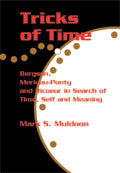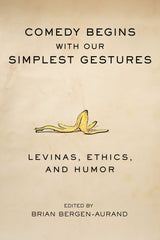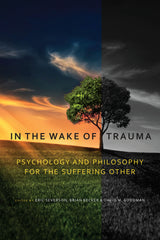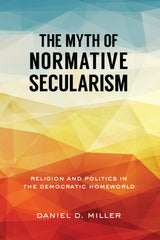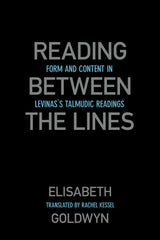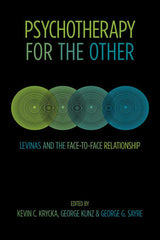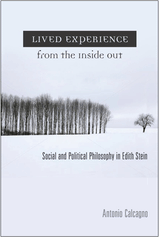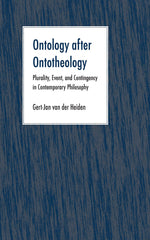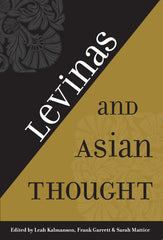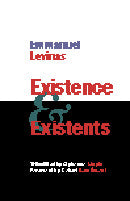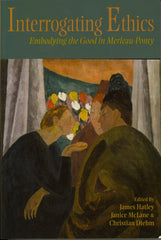Tricks of Time: Bergson, Merleau-Ponty and Ricoeur in Search of Time, Self and Meaning
Mark S. Muldoon $70.00Published in 2006 | 340 pages | cloth | ISBN: 978-0-8207-0379-4
Book Information:
If there is a topic that sends chills up the spine of serious philosophers, scientists and poets alike, it is the topic of time. Simone Weil once wrote that time is the most tragic subject human beings can think about. Time is tragic on two counts. First, philosophically, we are unable to conceive of time in its totality. Second, our need to understand time beyond a mere speculation of its nature is driven by the undeniable reality of our mortal lives. It is the bane of human existence to see our lives as finite when contrasted to the age of stars and cosmic realities. This contrast fuels much of our existential angst to question our nature, understand ourselves and search for meaning.
Tricks of Time invites readers into the labyrinthine discussions of time, self and meaning under the auspices of three thinkers: Henri Bergson, Maurice Merleau-Ponty and Paul Ricoeur. Dubbed by Mark Muldoon “the masters of disruption,” the work of each philosopher is highlighted to show how each “disrupts” “clock time,” drawing out and reclaiming aspects of our humanity neglected in systems that treat time merely as chronology. Outside of Augustine perhaps, no other set of philosophers in any particular school or epoch has offered us such a diverse and unique series of attempts to respond to the question: “What is time?” While not working in tandem, or even necessarily following one another's leads, but sharing the same French cultural and philosophical climate, Bergson, Merleau-Ponty and Ricoeur aptly reveal how interrogating the present constantly intercepts any neat and efficient closure to defining the self and meaning.
Following the lead of Ricoeur's central thesis, that time only becomes human to the extent that it is articulated through a narrative mode, Muldoon identifies unquestionable hints of the link between time and narrative in both Bergson and Merleau-Ponty. While the struggle with language is evident in each of these thinkers, the importance they accord it is striking. Each of their contributions is novel and unique, leading us to take Ricoeur's claim seriously⎯namely, that time cannot, ultimately, be thought, it can only be lived and our lives recounted."
Author Information:
MARK S. MULDOON is a counsellor as well as a professor of ethics at University Canada West in Victoria, British Columbia. He has held teaching positions at Brock University and Algoma University College in Ontario, Canada. He is the author of On Ricoeur, as well as a number of academic articles.

